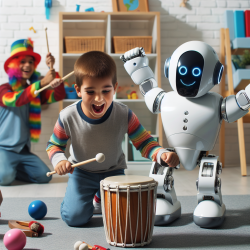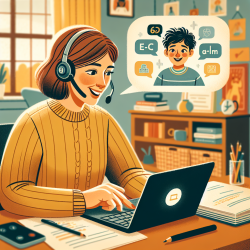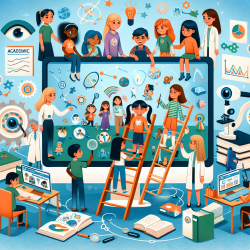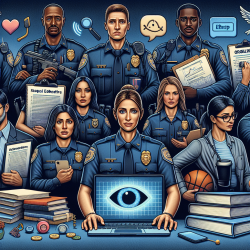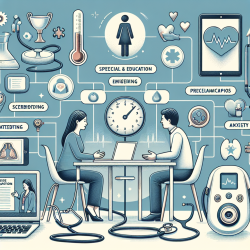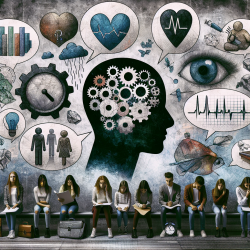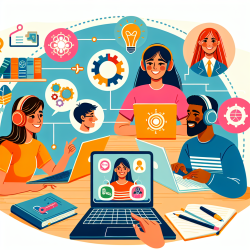Children with ASD often experience challenges in motor skills, impacting their social and cognitive development. The study investigated the effects of rhythm-based and robotic therapies compared to traditional interventions. Over eight weeks, children participated in rhythm-based activities involving music and movement, and robotic interactions using humanoid robots.
Key outcomes include:
- Improved Gross Motor Skills: Children in the rhythm and robot groups showed significant improvements in balance and bilateral coordination.
- Enhanced Imitation/Praxis: All groups, including the traditional intervention group, demonstrated better imitation skills, essential for learning and social interaction.
- Increased Interpersonal Synchrony: Rhythm and robot groups exhibited better synchronization with social partners, crucial for effective communication and social bonding.
Practitioners can implement these findings by incorporating rhythm and robotic activities into therapy sessions. Here are some practical tips:
- Use Music and Movement: Integrate action songs, beat-keeping routines, and improvisational music-making to improve motor coordination and social engagement.
- Incorporate Robots: Utilize humanoid robots to facilitate imitation games, body stretches, and synchronous activities to enhance motor and social skills.
- Assess Progress: Regularly evaluate motor skills using standardized tests and custom-developed activities to monitor improvements and adjust interventions accordingly.
Encouraging further research and practice, these innovative therapies offer promising avenues for enhancing motor skills and overall development in children with ASD. To read the original research paper, please follow this link: The Effects of Rhythm and Robotic Interventions on the Imitation/Praxis, Interpersonal Synchrony, and Motor Performance of Children with Autism Spectrum Disorder (ASD): A Pilot Randomized Controlled Trial.
